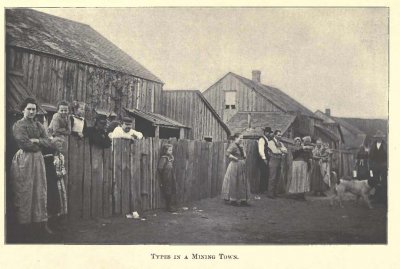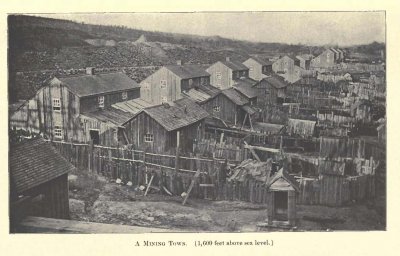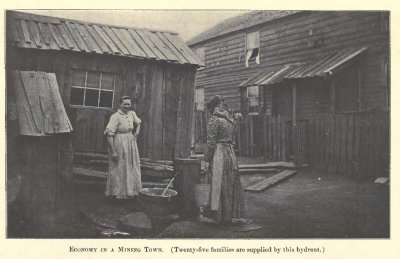GHT
I'll Lock Up
- Messages
- 9,350
- Location
- New Forest
Churchill, like most aristocrats, saw people like my father, and his brother... http://www.thefedoralounge.com/show...ected-by-Family-Members&p=1756420#post1756420 as cannon fodder. Believe you me, I have as stronger views about that as you, but I can still give thanks to his leadership for not capitulating, when all around him, from both sides of the political spectrum, favoured appeasement.Churchill, in fact, rather illustrates Mr Scoggins' point re. the Golden Era since it was in 1937 (to the Peel Commission) that Winnie said something along the lines of, " I do not admit that a great wrong has been done to the Red Indians of America or the black people of Australia by the fact that a stronger race, a higher grade race, a more wordly-wise race has come in and taken their place."




